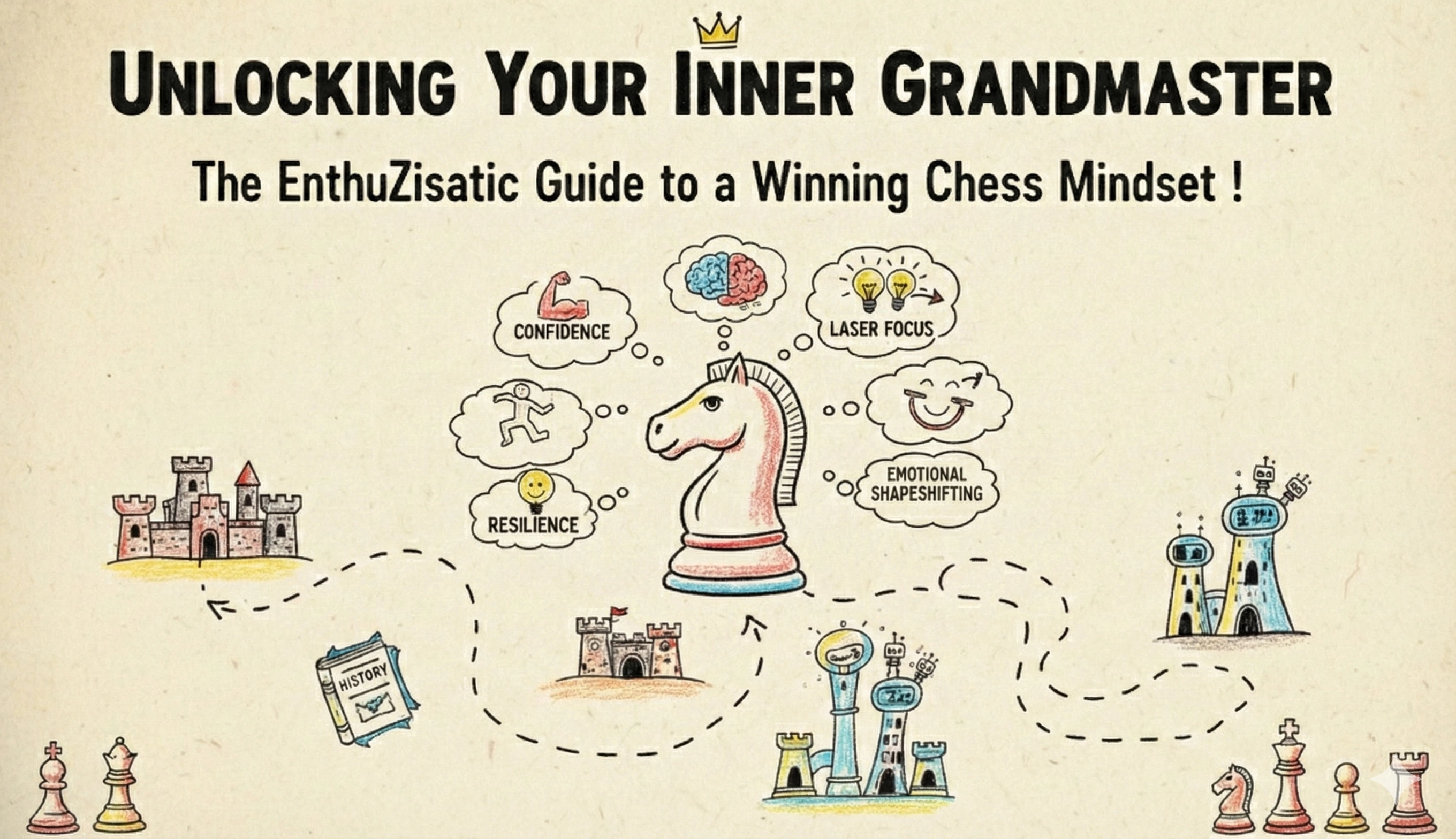The answer to this question is a little complicated! Stay with me, and I will tell you, "Can you get into college without AP classes?" AP classes mean fast-paced learning and setting the foundation right, making it a college equivalent class.
Thousands of high-school students take AP classes yearly to secure admission to a good college. But what about the ones who do not take AP classes?
- What do Colleges want?
- Does AP Help in College Admissions?
- Not Intesrested in AP?
- Want To Get Admission To Top Universities?
- Conclusion
- FAQs
- 1. What happens if you do not take any AP classes?
- 2. Do colleges care about AP classes?
- 3. Can I get into Ivy League schools without AP?
- 4. Does AP matter?
- 5. What makes AP different from other college course credits?
- 6. How likely are students who enroll in AP classes to take AP tests?
- 7. Even after so much told about AP courses, why do students from high schools not choose AP classes?
- 8. What are the financial benefits of taking AP exams?
What do Colleges want?
Before we get into that, let’s talk about what colleges look for in an application.

1. Academic Excellence
Colleges look into your high school GPA and performance in individual subjects. They are keen to know what kind of student you are. Your class rank and grades give them that overview.
2. Performance in College Prep Courses
Your performance in courses like AP, Honors, or IB is a good indicator of your ability to take up challenges. Colleges look for students who can do well in their studies and beyond.
3. Test Scores
If the college accepts SAT or ACT, your test scores are what colleges are looking for. Prepare well to get good scores.
4. Extracurricular
Colleges weigh extracurricular excellence also. It gives them a glimpse of your personality.
Does AP Help in College Admissions?
Yes, it does. Out of the pile of admission forms, the admission officers give first preference to the applicants who have higher GPAs plus AP scores.
How do AP classes add value to your college application?
AP classes come with several academic and career advantages. First, they boost your chances of acceptance into top universities by showing that you can handle rigorous coursework. They also help you earn college credits, allowing you to fast-track your degree or place out of introductory courses.
In addition, a strong AP score can improve your chances of getting a scholarship, while also contributing to a higher GPA. Finally, AP classes strengthen your transcript, making it stand out to admissions committees.

How Do Colleges Evaluate AP Grades?
You need a minimum score of 3 on AP Tests to get through any college. Don't report your score if it's less than 3. It will not give you any value. Weighing AP means different colleges will recalculate the GPA(Grade Point Average) differently.
Getting A or B grades by taking an AP class brings credibility, global relevance, and future growth chances. The college admissions officers use the Academic Index(AI) tool to assess learners.
AI uses information from high school transcripts to calculate their overall academic performance. Your AP score must come in level with the AI score to get admission to the college.
Not Intesrested in AP?
These Are Your Options If you are not interested in AP, it is absolutely fine. You can choose from contemporary courses like IB or Honors. If some other course interests you, then even that will work. Every college has its own admission criteria.
But you need to understand what is the whole purpose. Any course will serve the purpose if you just want to go to a college to experience vibrant college life. But if you already know your area of interest and future goal, doing AP classes will help.
Frankly speaking, advanced classes are not meant for everyone. You don’t have to push yourself hard or feel inadequate about it. It's okay to step back and reflect upon your decision to take or not take AP.
1. When not to take AP Classes?
There are many benefits of taking an AP course, but you can skip an AP class if any of these are true.

If you are taking any equivalent Course
You can skip AP classes if your high school has an IB(International Baccalaureate) study program or any other dual-credit course. The transcript from IB will have the same weightage as an AP credit for any top school.
If you find AP Challenging
If it seems complicated to follow the rigorous AP course, then you have all the reasons to leave AP and follow the traditional way. Remember, we do not want to exhaust ourselves.
If you experience psychological challenges
By taking AP classes The academic rigor of advanced placement classes demands additional commitment. It also brings along a workload that takes work to manage. Learning should be fun and not at the cost of your emotional and mental health.
2. People's Response
To "Can you get into college without AP classes"? We asked this question to a set of parents, educationists, and college students. The answers are quite a mixed bag! The parent of a high school pass-out says that his son took AP Maths and aced his AP exams.
It was tough, but he got through the IVY League University and is now in his first year! A student who took an employment major in one of the top 200 universities admits that he wasn't academic and didn't take AP classes, but he did attempt the AP exam.
His AP grade was 3. He got through college based on his AP credit. Today he has a well-paid job and a great career! On the other hand, an educationist who worked outside the United States says that the AP score is unimportant in his college.
The reason being the schools over there doesn't accept AP credit. So students get admission to the college based on their academics, extracurricular activities, and other merits. Some also choose honors courses. Read: Difference between AP and Honor Courses

Want To Get Admission To Top Universities?
Consider AP Classes

If you want to get admission to the top universities, then I highly recommend you enroll in AP classes. Talk to your seniors or school mentors to get more guidance for this.
Top Universities prefer students who have taken AP tests and done well. Don’t worry about how many AP classes you should take.

Just do your best. Maintain the balance between your coursework and AP classes. Keep learning as the primary objective, and you will see yourself in your dream college.



Conclusion
You don't take Advanced Placement courses to enter a good college; instead, it helps you stand out among your peers with similar skills. When your application reaches the desk of the admission council in a college, it has the golden chance to shine amongst thousands of other applications.
The process is highly competitive. Your learnings from AP classes will showcase your passion, your capabilities, and your curiosity to learn more and achieve the unachievable. Therefore, consider taking AP classes to get into your dream college.
FAQs
1. What happens if you do not take any AP classes?
Even if you do not take AP classes, you will be ok. Some colleges do not look for AP scores. But, if your school has AP courses and you have not chosen them, it will create a different impression among admission counselors. In such cases, AP classes do work as a bonus.
2. Do colleges care about AP classes?
It entirely depends on the course requirement in that particular college. Some colleges will require your AP score, and some won't.
3. Can I get into Ivy League schools without AP?
Well, there is no straight answer to this question. But Ivy League schools expect you to choose the classes of the highest level, for example, AP, IB, or Honors. These classes prepare you for the level of study in Ivy League schools.
4. Does AP matter?
Yes, it does. It provides knowledge on a particular subject that's one notch higher. From a college perspective, taking AP boosts your GPA and earns you significant college credits.
5. What makes AP different from other college course credits?
AP exams test your writing ability compared to other college credits like IB or SAT. Out of these, the AP score is the most challenging one to get. There will be fill-in-the-blanks, essay-type questions, and so on. The questions are framed and graded by humans, unlike other exams where the entire process is computer generated.
6. How likely are students who enroll in AP classes to take AP tests?
Very unlikely. You must understand that a student enrolled in AP classes doesn't need to take the AP test and vice versa. Colleges consider you even if you have just taken AP classes, not the tests
7. Even after so much told about AP courses, why do students from high schools not choose AP classes?
Many high school students do not opt for AP classes because most high schools give access only to top students or those above 90%. Therefore, average or below-average students find it difficult to understand the value of AP courses.
8. What are the financial benefits of taking AP exams?
Research by the NCES reveals that if your scores are good in AP exams, chances are higher that you can earn the first semester of the first year for free. And a good college has per semester fees ranging from $4400 to $15,000, which is quite expensive!






Comments